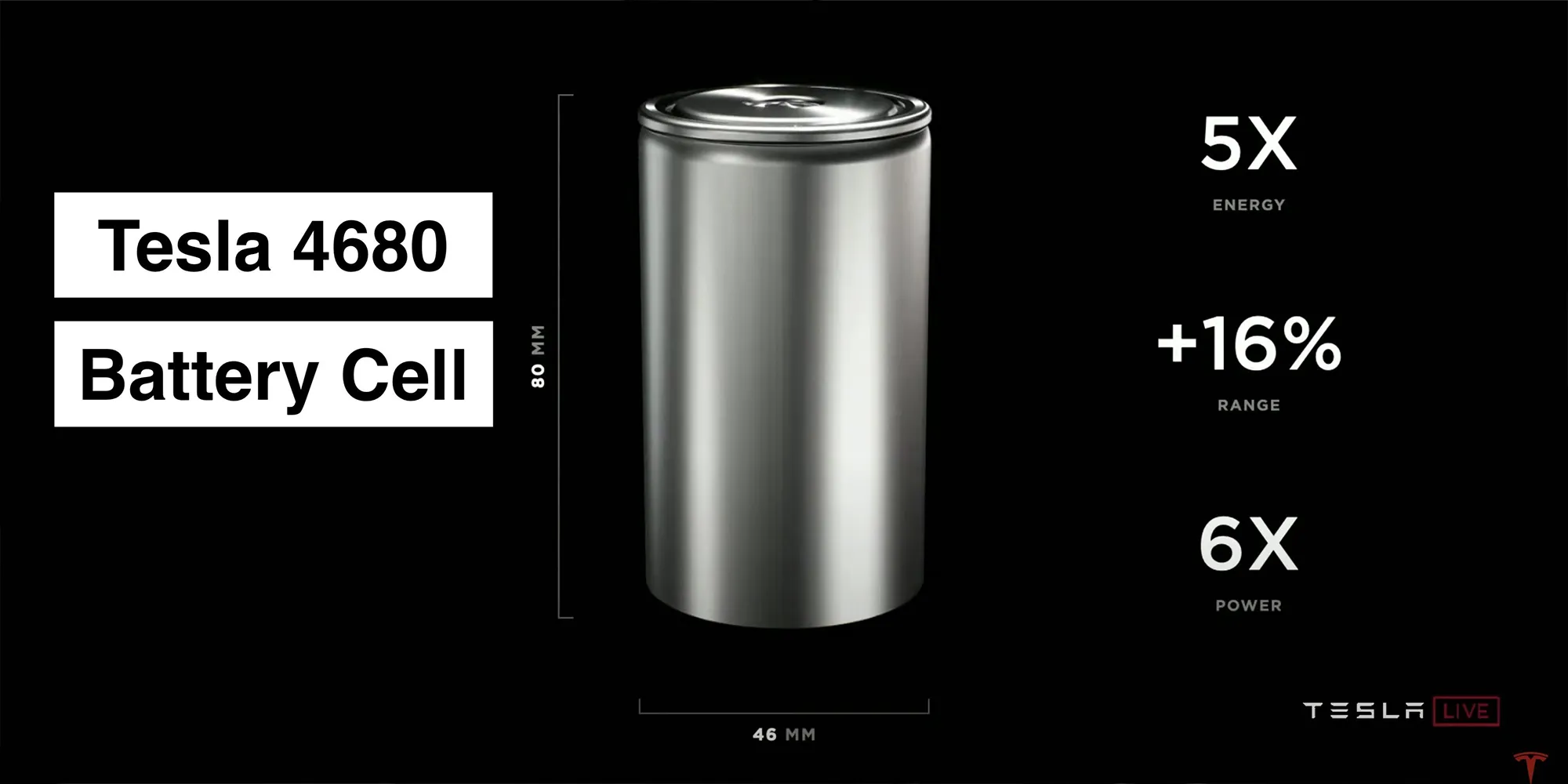Tesla gave an update on the progress of ramping up 4680 battery cell production. It sounds like they are making progress, but the automaker also appears to be reducing dependence on the new cell.
At its Battery Day in 2020, Tesla unveiled its 4680 battery cell and made a big deal about how the new battery cell format could revolutionize the industry by cutting costs by almost 50%.
At the time, the automaker was already operating a pilot production line in Fremont, California.
However, Tesla has admitted that there are several parts of the process of producing the cell in volume that has been harder to deliver than expected.
It has been hard to track the progress, as Tesla is sharing the production capacity of the 4680 cells rather than how it compared to other quarters.
Nonetheless, it sounds like Tesla is making some progress in an update that came with the release of Tesla’s Q3 2022 financial results:
The total number of 4680 cells produced (cells sent to formation) increased 3x sequentially in Q3.
That would be impressive if we knew how many cells Tesla produced in Q2, because if the number was low, a 3x increase is not really impressive.
But Tesla CFO Zachary Kirkhorn did share an additional piece of information during the conference call following the release of the financial results:
The ramp is going well, as Elon said – total output is up 3x quarter over quarter, and production is tracking to exceed 1,000 car cells per week this quarter.
At 60 kWh per car, it would mean 60 MWh of weekly 4680 battery cell production or 3 GWh on an annualized basis. That’s not a massive production capacity, but it is certainly significant.
Interestingly, Tesla also made new comments that show the automaker is aiming not to be dependent on ramping up 4680 cell production for new vehicle programs.
CEO Elon Musk said that Tesla is not using the 4680 cells in the Tesla Semi electric truck.
Musk was also asked if the Cybertruck is going to be affected by the 4680 production ramp. While the CEO didn’t say that the vehicle doesn’t use the cells, like Tesla Semi, he said that he doesn’t expect the electric pickup truck to be affected.

